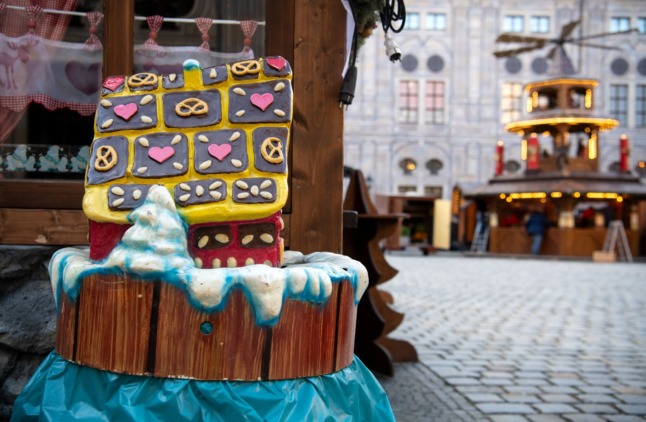The new investment was declared “a commitment to our location in Germany and our suppliers in the region” by Audi financial chairman Axel Strotbek in weekly trade publication Automobilwoche.
A total of €920 million has been earmarked for the Audi plant in Ingolstadt in Bavaria, and another €970 million will go to the Neckarsulm factory in Baden-Württemberg.
Strotbek expressed hope that the money would secure the employment situation at both plants. Audi workers have been spared the worst of a recession which has hit the European car industry extremely hard.
According to the company, the number of Audi employees worldwide has only dropped from 58,574 to 58,354 in the year from September 2008 to September 2009. “Personnel expenses have remained consistent in comparison to last year,” Strotbek said.
Audi also decided to hire an extra 400 engineers in 2009, while the number of trainees has risen to 722.
Other German luxury carmakers have also announced heavy new investments in their home-plants in recent months. BMW expects to spend €1 billion in 2009 and 2010, while Daimler announced a plan to spend as much as €3 billion.



 Please whitelist us to continue reading.
Please whitelist us to continue reading.
Member comments